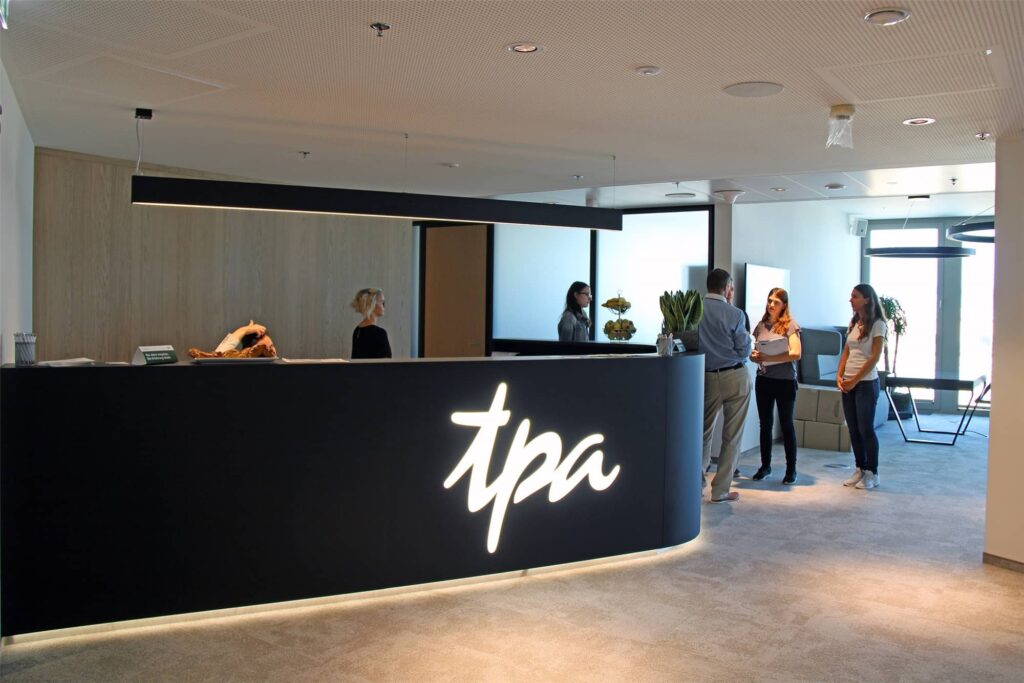4
Min. Lesedauer
Mietkaufmodell – Alternative Finanzierungsform im schwierigen Marktumfeld
Aufgrund der schwierigen Finanzierungssituation – resultierend insbesondere aus den strengen Kreditvergaberichtlinien rund um die KIM-Verordnung und na...
Unsere Expertinnen und Experten kennen Ihre
Branche
und verstehen, was Sie brauchen.
So können Sie jetzt noch Steuern sparen!
Unsere Steuerexperten Monika Seywald, Wolfgang Höfle und Gottfried Sulz haben für Sie die wichtigsten Steuerspartipps 2023 zum Jahresende zusammengefasst und übersichtlich dargestellt.
Holen Sie sich Ihre Ausgabe und profitieren Sie von den Tipps der TPA Steuer-Experten, die Ihnen dabei helfen, Steuern zu sparen.
Unsere Expert:innen informieren Sie über alle wichtigen Steuer-Änderungen!
ESG &
Nachhaltigkeits-
beratung

24. April 2024
Palais Niederösterreich
Hier geht’s zur Anmeldung! Über das Event Programm Vortragende Anmeldun...
ESG + Digitale
Transformation

25. April 2024
Falkensteiner Balance Resort Stegersbach
Das diesjährige CFO Forum beschäftigt sich mit der Frage, wie sich Unternehmen auf plötzliche Krisen, externe Schocks oder gezielte Angriffe besser vorber...
Steuerberatung

14. Mai 2024
MAXX by Steigenberger | Margaretengürtel 142 | 1050 Wien
Mit der Manz Jahrestagung Unternehmensbesteuerung 2024 widmet sich TPA Steuerberatung in einem jährlich stattfindenden Format aktuellen Fragestellungen im n...
Immobilien

17. Mai 2024
Falkensteiner Balance Resort, Panoramaweg, Stegersbach
Das sind die Schwerpunktthemen 2024 Die neue Finanzierungswelt: Finanzierung zwischen Zinsen und InflationChance oder Risiko: Wie verändert sich die Wel...
International

23. Mai 2024
Kempinski Hotel Istria, Kroatien
/*! elementor - v3.17.0 - 08-11-2023 */ .elementor-widget-image{text-align:center}.elementor-widget-image a{display:inline-block}.elementor-widget-image a i...
Unsere Expert:innen informieren Sie über alle wichtigen Steuer-Änderungen!
TPA ist eines der führenden Steuerberatungsunternehmen in Österreich. Unser Angebot umfasst Steuerberatung, Buchhaltung, Personalverrechnung, Unternehmensberatung und mehr!

Mo - Do: 9:00 – 17:00
Fr: 10:00 – 14:00


